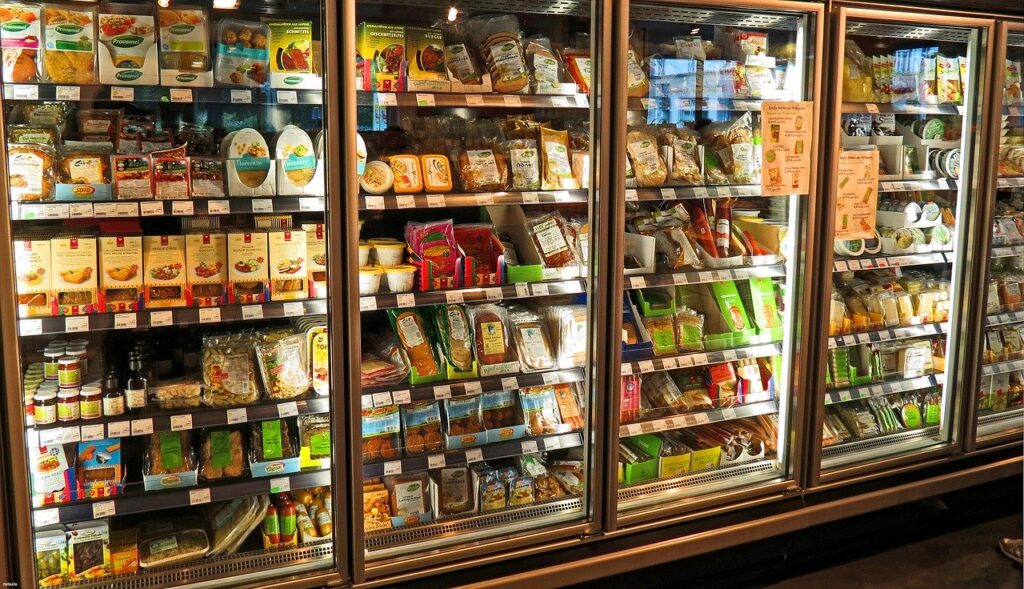


31 July, 2020
In the new National Food Strategy, there are some truly startling facts. One in seven deaths in the UK are directly attributable to poor diet. Only one in a hundred packed lunches meet the nutritional standards that school meals are expected to deliver. And, perhaps most striking of all, 75% of the manufactured food that we buy in this country is ‘unhealthy’ – highly processed, energy dense, and full of cheap fat and sugars.
This is extraordinary. There is an odds-on chance that anything you pick up from a supermarket shelf that isn’t fresh produce is going to make you unhealthier. Companies produce food that they know we will buy, and overwhelmingly we make bad choices. But where does responsibility for these choices lie? And how do we encourage better choices?
With the launch this week of the government’s obesity strategy, it seems that regulation will be forthcoming. The strategy focuses heavily on proposed restrictions around the sale of unhealthy foods, from banning BOGOFs and TV advertising before the watershed, to putting calorie counts on restaurant menus. Whether these measures will tip the scales – literally and metaphorically – remains to be seen, but it is an important step forward.
The author of the National Food Strategy, Henry Dimbleby, jokes that the government’s obesity strategy stole his thunder on food regulation. We believe that it is now the turn of the food industry to steal his thunder before the next set of recommendations are published next year. By taking these issues seriously and making significant change ahead of regulation, food companies can usher in an era of a more positive relationship with what we eat.
By Claire Jost